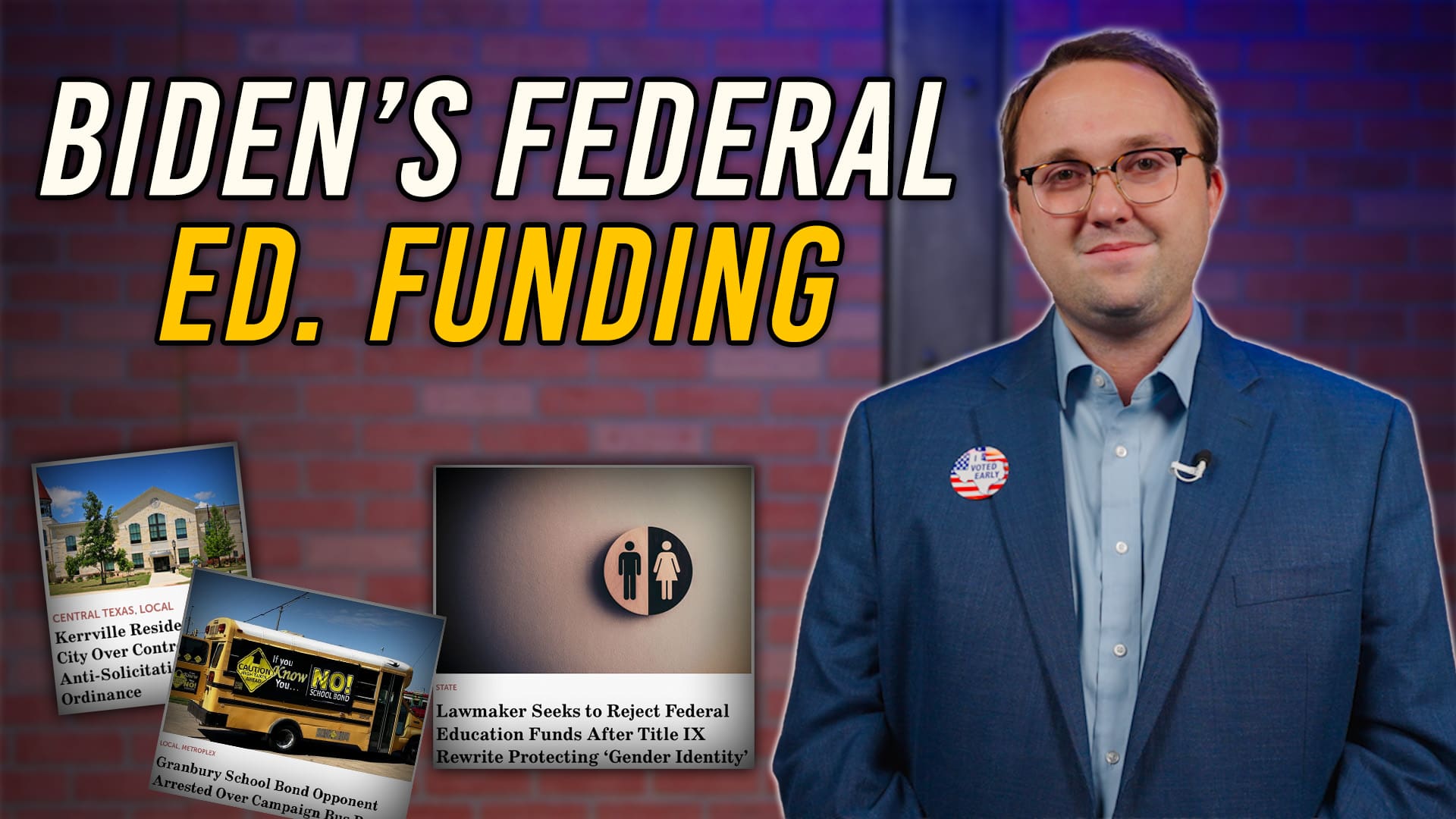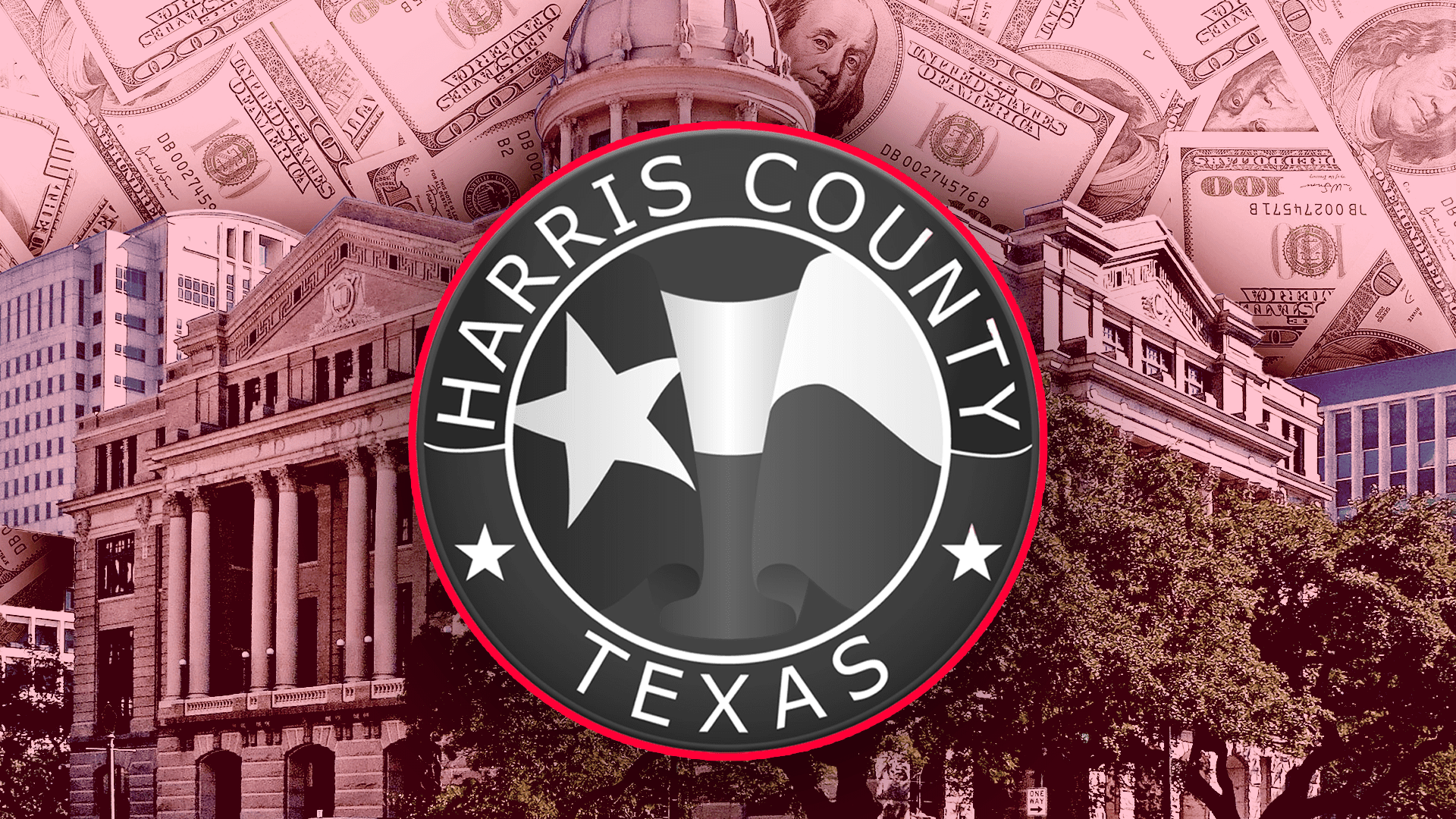Nine Texas Supreme Court justices currently hold in their hands the future of free speech in the Lone Star State.
On one side are a group of conservative citizens attempting to combat voter fraud. On the other side is the Texas Democratic Party seeking to make criminals out of Texans who choose to speak out about their government.
Earlier this month, the Texas Supreme Court heard oral arguments in King Street Patriots v. Texas Democratic Party, a case challenging the constitutionality of several of Texas’ statutory campaign regulations. King Street Patriots is a Houston Tea Party group that since 2008 has spearheaded True the Vote, an effort to combat voter fraud in Texas elections.
The Patriots’ success in engaging citizens and fighting for election integrity has prompted a retaliatory lawsuit by the Texas Democratic Party seeking to punish their civic engagement.
Chad Dunn, the Democrats’ lawyer, argued to the justices that King Street Patriots’ efforts to train its members to serve as poll watchers was a criminal act. He and the Democrats allege that the Tea Party group made an illegal corporate contribution to the Republican Party when it trained its members and encouraged them to serve as poll watchers in Texas elections.
The Democrats also complain that King Street Patriots held candidate forums and phone banks on issues that helped Republican candidates. In order to do those activities, Dunn argued, the group should have formed a political committee and filed paperwork with the state.
On the other side, King Street Patriots is represented by James Bopp, the attorney who brought the landmark Citizens United v. FEC case that struck down bans on speech by businesses, civic organizations, and other types of groups. Bopp pointed to the Texas Election Code and argued that the state’s definitions of political committee are circular, and thus unconstitutionally vague.
For example, the definition of “political committee” includes a group of persons who have a “principal purpose” of accepting political contributions. However, the definition of political contribution includes “contributions … to a political committee.”
Empower Texans, along with Texas Right to Life and the Texas Home School Coalition, have filed an amicus curiae brief in the case agreeing with the King Street Patriots that Texas’ campaign finance laws are unconstitutionally vague and overbroad.
The State’s Solicitor General also filed a brief in the case, but rather than side with King Street Patriots and free speech, his amicus curiae largely agrees with the Democrats that the state’s laws are valid.
In its brief and argument, Solicitor General Scott Keller relied on Osterberg v. Peca, a 2000 opinion written by Gov. Greg Abbott when he was sitting on the Texas Supreme Court. But that case essentially found that speech regarding elections in Texas was generally illegal unless it was properly disclosed to the state.
Citizens United and other decisions have turned that decision on its head, holding that, under the Constitution, Texans have a right to speak, although the state can impose some non-burdensome reporting requirements.
Empower Texans, Texas Right to Life, and Texas Home School Coalition argue that the state’s position would allow continued efforts by the Democrats and state regulators to use the process as the punishment by accusing conservative groups of transgressing the state’s complicated speech regulations. Even though the groups can always ultimately clear their names, the process of winning those costly and drawn out legal battles serve as a huge barrier to free speech.
If the Texas Supreme Court upholds the campaign finance regulation statutes, it will be a victory for anti-speech radicals in the Democratic Party who seek to turn civic involvement, like hosting candidate forums and training poll watchers, into criminal acts.
Texas election laws are outdated and far out of step with the Constitution, as has been repeatedly confirmed by various courts. It’s time for the Supreme Court to wipe the slate clean and free Texans from unconstitutional speech regulations.




